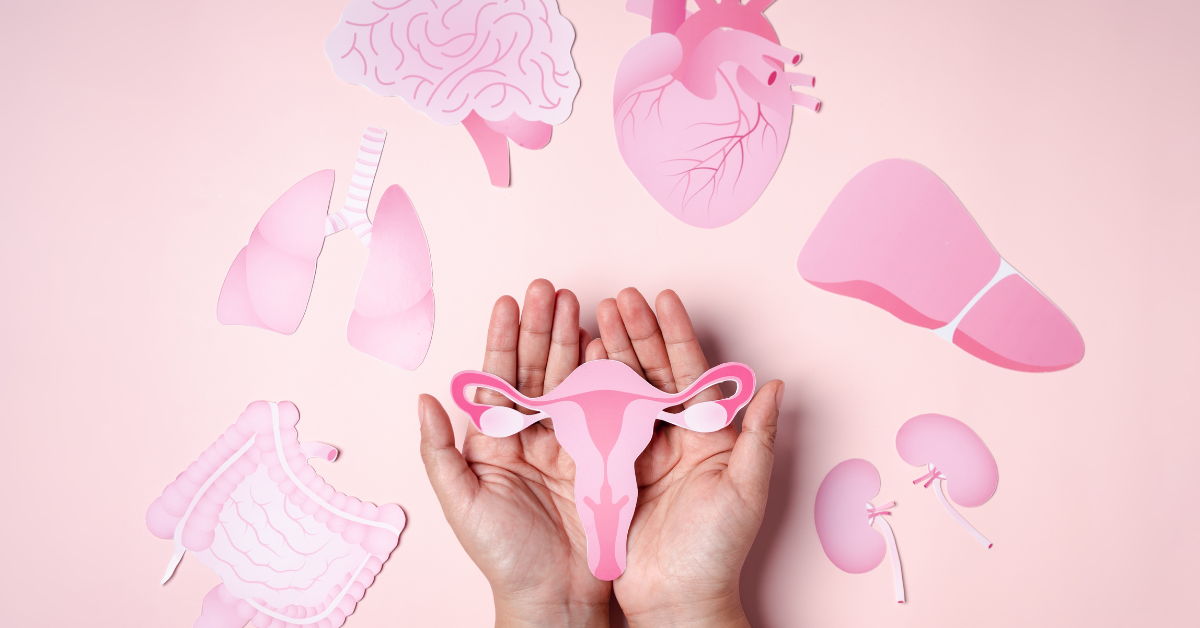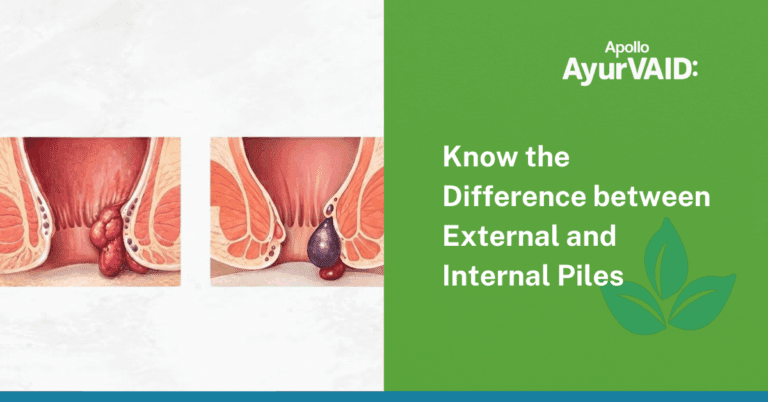Being a woman is a boon, as she is the starting point of every life born into this world. Yet, this capacity to nurture others often pushes her needs to the background. For the Woman Who Puts Everyone First — It’s Time to Choose Yourself.
In every corner of the world, women tirelessly juggle responsibilities — at home, at work, and in society — often placing their health at the very bottom of their priorities. Despite being the cornerstone of family and community well-being, their health needs are frequently overlooked.
It’s time to change that. Observances like the International Day of Women’s Health and the International Day of Action for Women’s Health (28 May, 2025) serve as vital reminders of the need to prioritise female reproductive health, women’s reproductive rights, and overall wellness throughout a woman’s life. In this blog, let’s discuss these points through the Ayurveda lens.

Ayurveda and the Cycle of Life
- Bala (childhood)
- Kumari (puberty)
- Rajaswala (menstruating phase)
- Ritumati (fertile phase)
- Garbhini (pregnancy)
- Prasava (delivery)
- Sutika (postpartum)
- Rajonirvritti (menopause)
Rajaswala Paricharya (Menstrual Care)
Ritumati Paricharya (Preparing for Conception)
The post-menstrual period until ovulation, known as Ritumati, is considered optimal for conception. Rituals such as fragrant baths, prayer, and consuming aphrodisiac herbs help prepare the body and mind. This phase aligns with the proliferative phase of the menstrual cycle and supports natural fertility, a core aspect of reproduction in women.
Garbhini Paricharya (Antenatal Care)
Sutika Paricharya (Healing Postpartum)
Rajonirvritti (Menopause)
Empowering Women through Ayurveda
According to Ayurveda, women and reproduction are not limited to general care but also consider complex Yonivyapat (gynaecological disorders), and treatments with some promising effects for fibroids, cervical erosion, and unexplained infertility. Real cases have proved that women underwent successful pregnancies through holistic treatments after failed IVF, while some women could avoid hysterectomy for benign conditions. These evidences reinforce that women’s reproductive rights are best served by informed, natural, and personalised care.
The Artava-Vaha Srotas are responsible for female reproductive health, menstruation, and secondary sexual characteristics. Ensuring free flow and functionality of this channel through Dinacharya (daily routine), balanced diet, and stress management essentially prevents gynaecological disorders and builds fertility.
Apollo AyurVAID for Women’s Health
Stree Arogya (Women’s health) is a specialist subject in Ayurveda, looking at the good health and well-being of a woman across the lifecycle. Our specialist physicians address key issues, providing Ayurveda treatment for gynaecological disorders right from puberty to pre-marriage to menopause, providing root cause disease reversal and sustained wellbeing.
If you are struggling with PCOS/ PCOD/ Infertility, repeated IVF failure, Menorrhagia, don’t look any further – please set up a consultation with our Physicians who will take you through a comprehensive check and offer natural solutions consisting of diet, lifestyle, medicines, and Panchakarma therapies.
Conclusion







